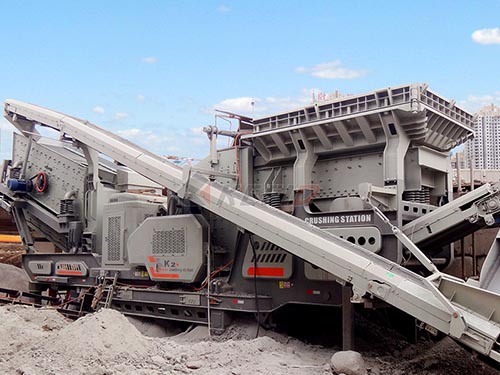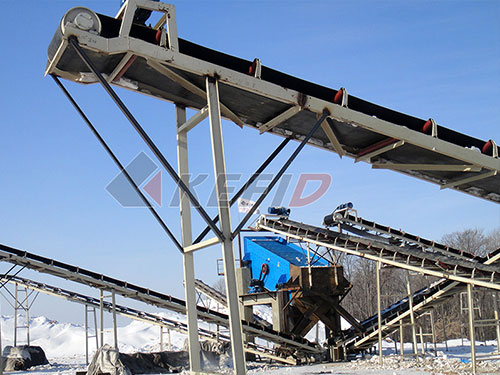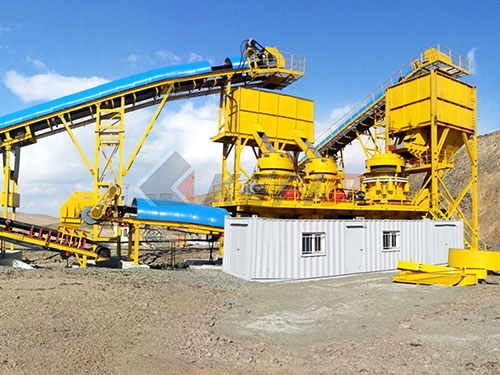Unlocking Efficiency: Understanding Regulatory Exemptions for Mobile Crushers
The construction, demolition (C&D), and mining industries constantly seek ways to improve efficiency and reduce costs while managing environmental impact. Mobile crushers – powerful machines designed to process rock, concrete, asphalt, and other materials directly at the job site – have become indispensable tools in this pursuit. Recognizing their unique advantages and potential environmental benefits compared to fixed facilities or off-site disposal, many regulatory bodies offer specific exemptions for mobile crushing operations under certain conditions. Understanding these exemptions is crucial for project managers and operators aiming to streamline projects responsibly.
The Rationale Behind Exemptions
Regulatory frameworks governing air quality (like permits for dust emissions), waste handling (permits for processing or transporting debris), noise pollution, and water runoff are typically stringent. Fixed crushing plants often require complex permitting processes due to their permanent nature and scale of operation.


Mobile crushers present a different paradigm:
1. Temporary Nature: They operate at a single location for a limited duration – days or weeks – significantly reducing the long-term cumulative environmental footprint compared to a permanent facility.
2. On-Site Processing: Crushing materials directly where they are generated eliminates the need for numerous truck trips hauling raw debris off-site and hauling processed aggregate back on-site. This drastically cuts transportation-related emissions (GHGs), fuel consumption, road wear, traffic congestion, and associated noise.
3. Waste Reduction & Resource Recovery: Mobile crushing transforms C&D waste or excess site rock into valuable recycled aggregates usable immediately on the same project as base material or fill. This promotes circular economy principles by diverting waste from landfills.
4. Location Flexibility: Operations can be precisely positioned away from sensitive receptors (homes, schools) more easily than fixed plants.
Common Types of Exemptions
Exemption specifics vary significantly by jurisdiction (state/province/country), but commonly target:
1. Air Quality Permitting: Simplifying or waiving requirements for New Source Review (NSR) permits or Title V operating permits due to the short duration of operation.
2. Waste Handling Permits: Exempting processed materials generated on-site from being classified as regulated “waste,” especially if reused immediately within the same project footprint.
3. Fees: Waiving certain permitting fees associated with larger-scale industrial operations.
4. Streamlined Notification/Registration: Replacing lengthy permit applications with simpler notification forms outlining location

Leave a Reply